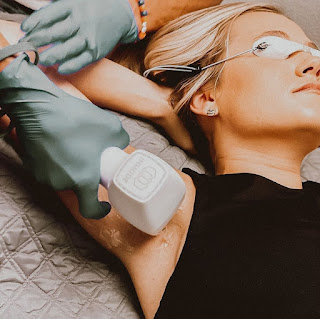Characteristics and side effects of testosterone therapy
Testosterone is just a hormone that is manufactured in the testicles. Testosterone helps men in:
- Density of bone
- Distribution of fat
- Strength and mass.
- Facial and body hair.
- Production of red blood microscopic cells
- Sexual libido
- Production of sperm
During adolescence and early adulthood, the level of testosterone peak. Testosterone levels decrease with age – about 1% a year after the age of 30 or 40. If perhaps a low testosterone level is due to normal ageing, it can be necessary to learn what is the cause of this low standard of testosterone (hypogonadism) in older men.
Although testosterone therapy can help reverse the consequences of hypogonadism, it's uncertain if testosterone therapy would assist otherwise healthy older men. Although some men believe that taking testosterone medicines makes them feel younger and more vigorous, there is little evidence to support testosterone use in otherwise healthy men. According to the American College of Physicians, testosterone therapy may help some men enhance their sexual performance, but there is little evidence that it helps other functions like vitality and energy.
Testosterone therapy causes a number of side effects, including:
- Sleep apnea can get worse, which is a potentially dangerous sleep illness in which breathing stops and starts repeatedly.
- Acne or other skin responses are the result of this.
- Stimulating non-cancerous prostate development (benign prostatic hyperplasia) as well as the progression of prostate cancer.
- Breast enlargement.
- Limiting sperm production or shrinking of the testicles.
- Overstimulating red blood cell synthesis, which contributes to a higher risk of blood clot formation. A clot could form, move through your bloodstream, and lodge in your lungs, cutting off blood supply (pulmonary embolism).
.jpg)

Comments
Post a Comment